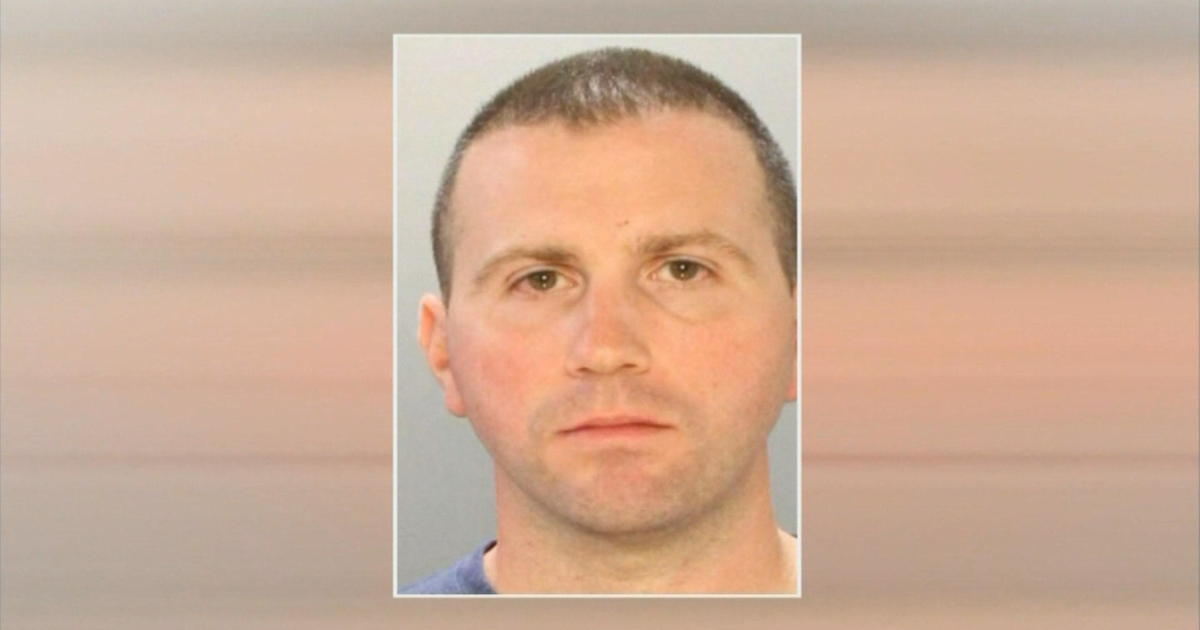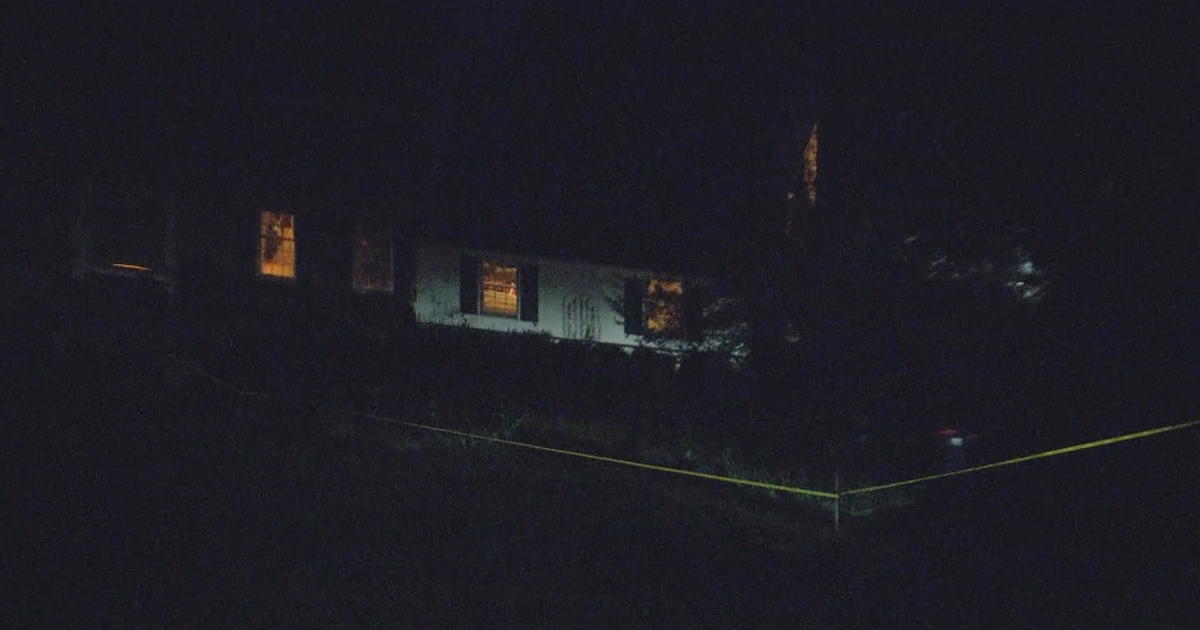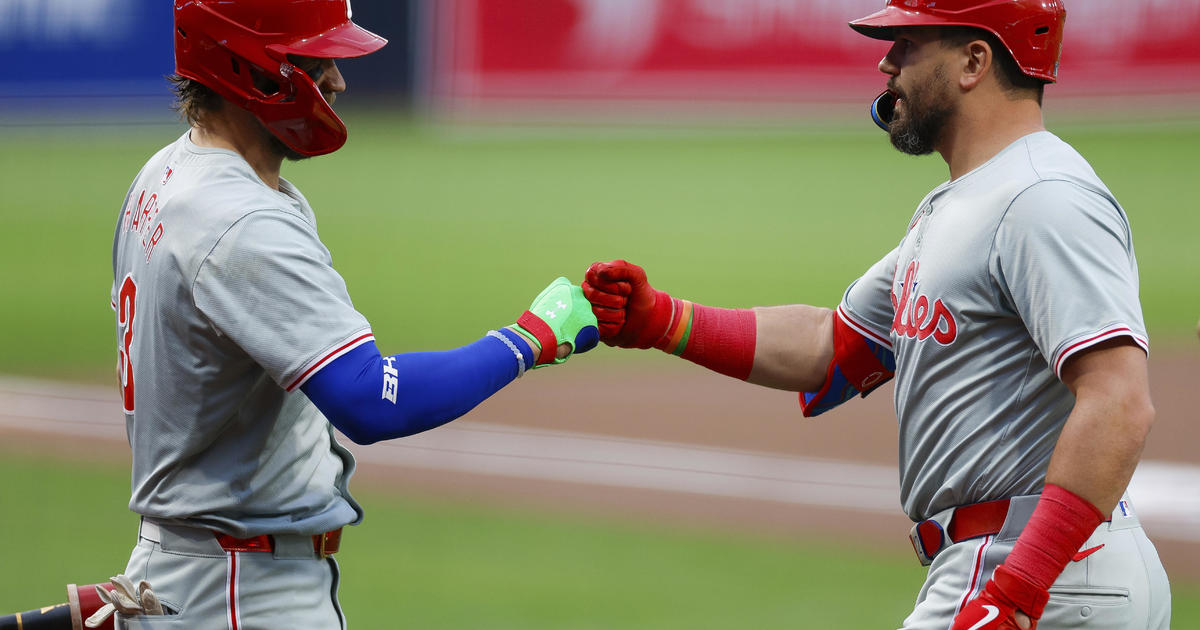Judge rejects Trump's motion to dismiss 2020 federal election interference case
Washington — A federal judge in Washington, D.C., on Friday rejected an attempt by former President Donald Trump to dismiss the special counsel's 2020 election interference case against him on the grounds of presidential immunity.
Judge Tanya Chutkan ruled Trump cannot be shielded from criminal prosecution after leaving office for alleged conduct during his time in office. The former president argued special counsel Jack Smith's four charges should be dropped on the basis that presidents cannot be charged with a crime.
"Whatever immunities a sitting President may enjoy, the United States has only one Chief Executive at a time, and that position does not confer a lifelong 'get-out-of-jail-free' pass," Chutkan wrote late Friday in a lengthy opinion, spurning Trump's arguments on historical, constitutional and legal grounds.
Trump is charged with four federal counts in this case, including conspiracy to defraud the U.S., stemming from his alleged effort to overturn the results of the 2020 presidential election. He has pleaded not guilty to the charges.
Last month, the former president's attorneys filed a motion asking Chutkan to toss the case, contending Trump has presidential immunity from prosecution for actions performed within the "outer perimeter" of his official responsibility.
"Breaking 234 years of precedent, the incumbent administration has charged President Trump for acts that lie not just within the 'outer perimeter,' but at the heart of his official responsibilities as President," they wrote. "In doing so, the prosecution does not, and cannot, argue that President Trump's efforts to ensure election integrity, and to advocate for the same, were outside the scope of his duties."
Trump's attorneys stipulated the former president "emphatically denies the truth of any allegations in the indictment" and argued the conduct for which he was charged — largely that he allegedly worked to overturn the results of the 2020 presidential election and conspired to defraud the U.S. with six unnamed co-conspirators — was performed not just as a candidate for the presidency, but also as the sitting president. That distinction, they said, shields him from prosecution.
Like Trump's attorneys, Chutkan also referred to American history, but countered that the Founding Fathers, including George Washington — who she noted first established the transfer of power — valued the principle of peaceful succession, "a tradition that stood unbroken until January 6, 2021," she wrote.
"[Trump] may be subject to federal investigation, indictment, prosecution, conviction, and punishment for any criminal acts undertaken while in office,' Chutkan wrote Friday.
The judge argued the Constitution does not completely immunize presidents from criminal prosecution tied to their office to avoid creating "the unaccountable, almost omnipotent rulers of other nations" that existed at the time of the nation's founding.
"A former President's exposure to federal criminal liability is essential to fulfilling our constitutional promise of equal justice under the law," the judge said.
Despite their client no longer holding public office, Trump's legal team argued that the unique and sensitive nature of the job requires that the president not be distracted by threats of legal action, a component of the legal theory that shields sitting presidents, not former presidents, from criminal charges. Such immunity, the defense team contended, encompasses all of the conduct that is alleged in the special counsel's indictment.
But the judge's opinion rejected that argument, instead contending that the threat of potential prosecution after leaving office might force a sitting president to grapple with certain situations "before deciding to act with criminal intent."
"That is a benefit, not a defect," she wrote
A Trump campaign spokesperson said in a statement responding to Friday's ruling that the former president "will keep fighting for America and Americans, including by challenging these wrongful decisions in higher courts," indicating an appeal of Chutkan's decision is likely.
"Radical Democrats, under the direction of Crooked Joe Biden, continue to try and destroy bedrock constitutional principles and set dangerous precedents that would cripple future presidential administrations and our country as a whole, in their desperate effort to interfere in the 2024 Presidential Election," the spokesperson said.
Trump's defense team also asked Chutkan to dismiss the case on the basis that the former president's conduct was First Amendment-protected speech, that he was denied due process, and that his impeachment in the House and acquittal in the Senate prevented further judicial proceedings under the principle of double jeopardy. The judge denied those requests, too.
"Defendant is not being prosecuted for publicly contesting the results of the election; he is being prosecuted for knowingly making false statements in furtherance of a criminal conspiracy and for obstruction of election certification proceedings," she wrote Friday.
For his part, the special counsel opposed the former president's attempts to get the case dismissed as meritless.
"Any speech that the defendant used to carry out the conspiracy, fraud, and obstruction crimes charged in the indictment is categorically excluded from the protections of the First Amendment," prosecutors wrote last month.
Friday's ruling came just hours after an appeals court in Washington, D.C. ruled Trump is not currently entitled to broad immunity from civil lawsuits that seek to hold him accountable for actions surrounding the Jan. 6, 2021, assault on the U.S. Capitol.
The unanimous opinion from the three-judge panel for the U.S. Court of Appeals for the District of Columbia Circuit allows lawsuits against Trump to move forward.
"The sole issue before us is whether President Trump has demonstrated an entitlement to official-act immunity for his actions leading up to and on January 6 as alleged in the complaints," Chief Judge Sri Srinivasan wrote. "We answer no, at least at this stage of the proceedings."
Trump could also appeal that decision.



